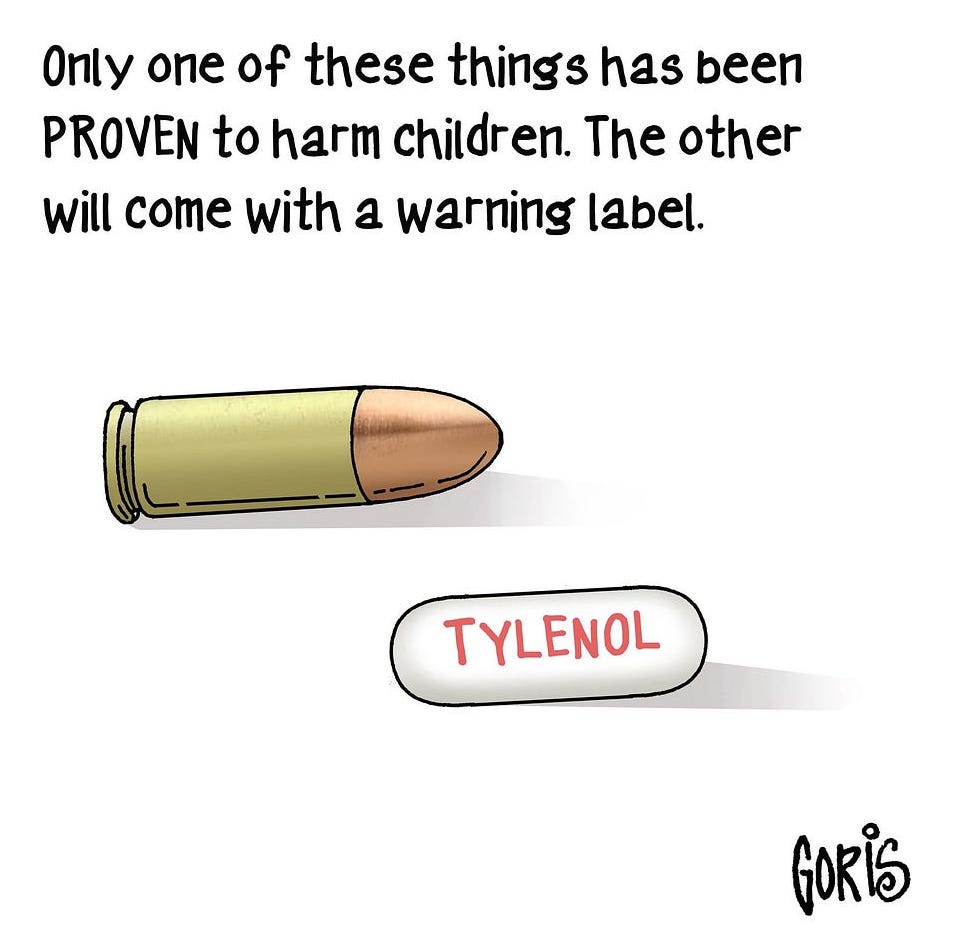Antisocial Media
The promise of democratized media had unintended consequences
I was intrigued to hear Utah Governor Spencer Cox (R-Decency) share his well-meaning but limited understanding of social media the other day when opining on Charlie Kirk’s murder. He got one part right and another terribly wrong. The important thing he got right is that social media is soul-crushing, and we’d all benefit from setting it down, and as he said, “Hug someone. Feel the grass.” Meaning that we should create real life human interactions, and seek communion with nature to calm down.
Governor Cox chose Reddit, the most popular general interest site on the internet as his example of bad social platforms. Without realizing it, he chose poorly, and that underscores the depth of our current generation gap. I don’t blame him. His overall message was full of compassion and where social media is concerned, misunderstanding.
What he doesn’t know is that Reddit is a newscast, a library, a vocational education workshop, a porn site, and a gathering place for hundreds of communities from guitar aficionados to microbiologists. The point being, it’s just too big to label, but will not stop anyone who is grasping to understand this new cultural reality of on-demand, atomized—not fragmented—atomized media.
What he does know is that social media is toxic.
As a music radio programmer, then talk radio programmer, it was important for me to stay on top of trends, artists, and hits. I was fairly successful in keeping up with my Baby Boomer generation, Gen X, and Millennials, but the subsequent Generation Z (~1997-2012), and Generation Alpha (~2013-2025) proved too much for me to keep up with. I don’t come from or feel attracted to the vast world of online gaming or the often nihilistic views expressed by these generations variously as rage, irony, and meaninglessness.
I look fearfully at the sophisticated algorithms of social media, the ones that are intentionally playing to and further inflaming political, sexual, and religious passions, and I wonder two things: how do we rescue people from the siloed traps these algorithms have pushed them into, and exactly who is behind them.
Each presents its own problems. Rescuing people who don’t know they’re trapped is dicey business. The digital natives of Gen Z and Generation Alpha have known nothing else. Their original interests and curiosities have been weaponized against them without their ever knowing it. Get click-baited into a particular silo, and everything you see from that moment on will feed that sensibility. (Think you’re “doing your own research”? Think again.)
Of equal weight is the question about who is creating the sticky posts that ensnare us, and what are their motives. Much has been made of the serious and highly effective propaganda foisted on our open society by Russian, Chinese, Iranian, and North Korean state-sponsored actors, yet it’s little discussed. It’s as if we all made note of the possibilities, but chose not to speak about them or take a stand against them because we are distracted, or in the words of author Neil Postman, we are “amusing ourselves to death.”
I’m not the first to point out that for many, their social media reality—the place they retreat to every night and every morning, is an artificial construct, and that they are nothing more than marionettes whose strings are being pulled by foreign and domestic actors who do not have their, or our country’s, best interests at heart.
I wonder if an apt (and thoroughly ironic) analogy is Charlie Kirk saying that the Second Amendment comes with the understanding that innocents will die. Does the First Amendment, guaranteeing free speech, mean, in the age of social media, that whole countries might die of their own openness. And if that’s the case, is the risk worth having an open society.
My default answer is yes, and I think it’s time to rescind Section 330 of The Communications Decency Act of 1996 that indemnified and held harmless social media platforms for the content they carry. Between making the platforms liable for what appears on their sites and demanding that our national law enforcement and intelligence apparatus step up their game and root out the domestic terrorists and our malignant foreign adversaries, we might find a little peace. We will be stalked by the far-right and far-left fire-starters and the nihilistic lone wolves enabled by the platforms, but it’s a start.
Social media, this amazing technology that lets us connect with anyone without a middleman, is a new tool, and like all new tools, is unwieldy and potentially dangerous. We don’t know exactly where we are with it. All that’s certain is that we have out kicked our coverage. The ability for people to connect without intermediaries is profound progress in the ongoing search for closer human connection. Sadly, and very humanly, its downside is dramatic, and is wreaking havoc on society. We must find the Goldilocks enforcement methodology that’s neither too restrictive nor too loose.
©2025 Jon Sinton



Good luck with Goldilocks. Soon we'll learn from the school of hard knocks.
"And AI will make it worse." Abby, you beat me to it. Here's more on that from respected CNET:
https://www.cnet.com/home/internet/what-is-the-dead-internet-theory/?origin_address=www.youtube.com